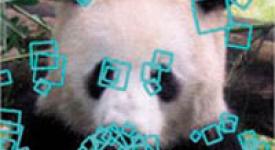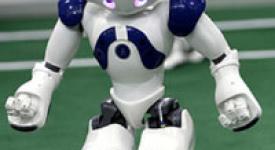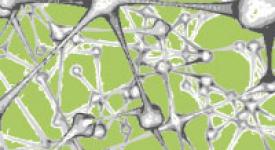Computer Vision - Seeing Anew

08/04/2010 - Every day—every minute, every second—the world’s computers are amassing visual information at an extraordinary rate. Aspiring Tarantinos are sending their two-minute videos to Youtube in the hopes of going viral. Mom and Dad are uploading their Napa Valley vacation photos to Flickr. Doctors are sending patient MRIs to medical databases, and satellites are scanning the earth for evidence of sinister activity.







